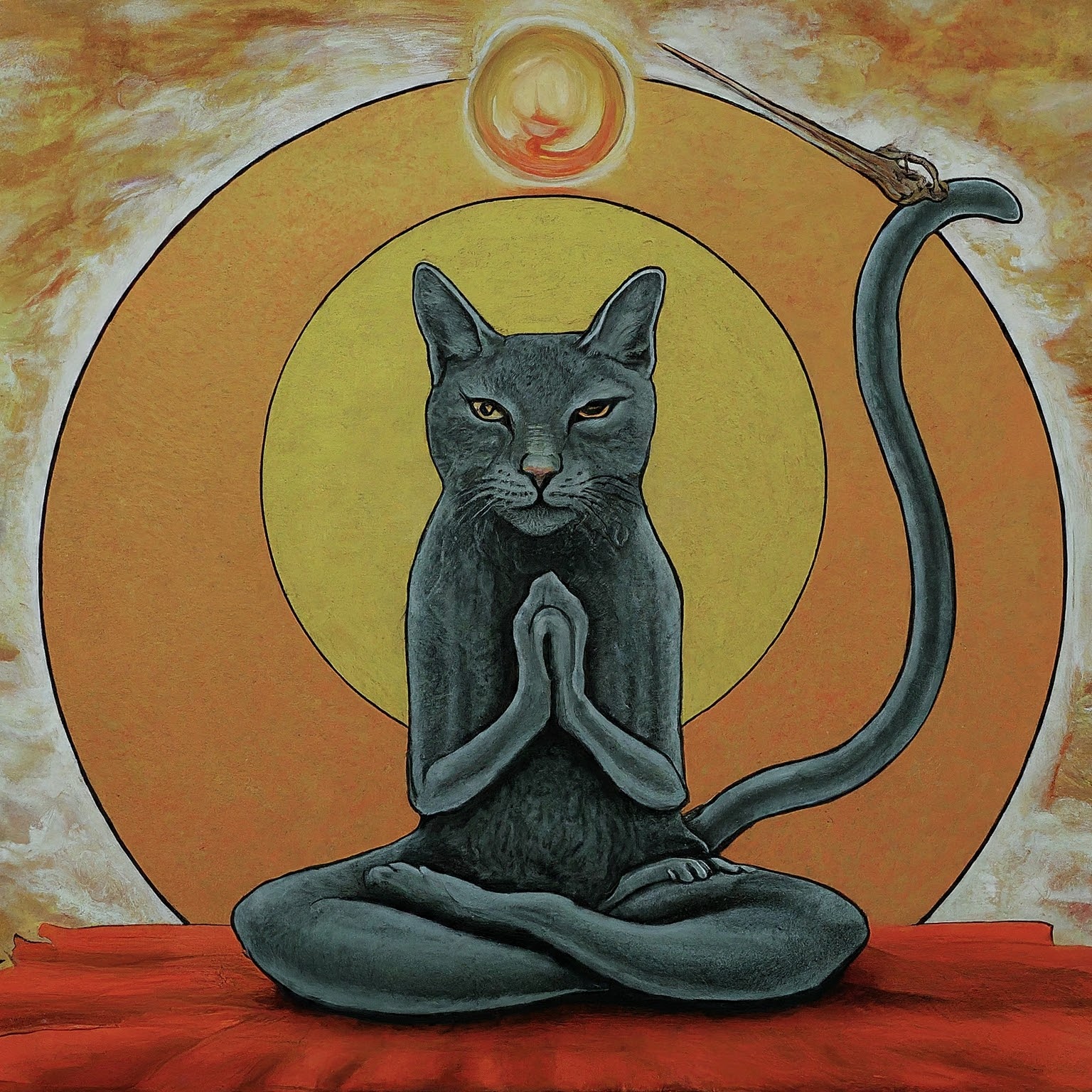We’ve been misled about patience.
We think it’s a virtue to cultivate – something to practice, to work on, to strengthen like a muscle. As an impatient and agitated youngster, my folks tried to teach me patience by “just hang in there.” Mom would tell me “keep your cool” and “give it time.” Dad’s favorites were “hold your horses,” and “Rome wasn’t built in a day. “
How many times have you been told that “patience is a virtue,” and that “good things come to those who wait.” And my ‘training’ in patience was to tell myself to be patient and to breathe through it.
And yet, have you noticed? When we try to be patient, it’s like stuffing raw impatience into a velvet pouch of virtue – hoping that, if we summon our ‘better self,’ it will smother the restless energy of wanting what we can’t have.
Unfortunately, this approach is neither sufficient nor skillful. Not only does it leave us impatient, it also fuels our self-criticism. It’s a failed approach because patience – legit patience – isn’t about forcing ourselves to hold back, stuff our feelings, and endure delays, frustrations, or discomfort with a better attitude. It’s about something far more radical: patience is dismantling the belief that reality should serve our expectations.
Impatience, when you really feel into it, is never random; it always has a center of gravity – and that center is the ego-myopic self – I, me, mine.
- “This shouldn’t take so long.” → The world should move at my pace.
- “Why can’t people just do their jobs right?” → Other people should meet my standards.
- “I don’t have time for this.” → My time is more important than this moment.
- “I hate waiting.” → I shouldn’t have to feel discomfort or boredom.
Notice the pattern? Me. My timeline. My needs. My preferences. My sense of control.
And when we sit to meditate, the ego-myopic self comes out to play:
- “How much longer do I have to sit here?” → My experience should feel productive.
- “Nothing’s happening.” → I should be getting somewhere.
- “Why won’t my mind shut up?” → Meditation should feel the way I expect it to.
The bubbling heat of impatience is the somatic friction between what is happening and what the self wants to happen instead. It’s the tension we feel when reality doesn’t shape itself around us.
Impatience is an ego trip. I call not seeing and managing the ego, Ego-Myopia. And our ego lives in time. It has a past to uphold, a future to secure, a schedule to keep. It believes that things need to be a certain way for me to be okay – worthy, safe, desirable, and comfortable.
Zen teachings offer another dimension of self – “big mind.” It refers to the boundless, all-encompassing awareness that transcends the limitations of the individual ego. Essentially, “big mind” represents the interconnectedness of all things and the underlying unity of existence. Whew.
“Big mind” is the seer behind the seeing, the listener behind the hearing, and the feeler behind the feeling. This version of us isn’t bound to time in the same way the ego is. It just exists. It doesn’t need this moment to be different. It’s not waiting for anything. “Big mind” is the dimension of impersonal Wisdom.
This is how I’ve come to learn that patience isn’t cultivated – it arises naturally as the illusion of a separate, time-bound self fades.
- When we stop believing that reality owes us speed, convenience, or comfort.
- When we stop insisting on being special.
- When we stop identifying with the part of us that feels deprived or slighted.
- When we stop fighting time itself.
- When we become attuned to Big Mind.
Patience isn’t something we do. It’s what’s left when we’re no longer centered in the self that needs things to be different. When we stop taking ourselves so seriously and expecting the world to cater to us.
So, you may ponder, if patience isn’t something we build, then how do we move past impatience? The way ahead is not through moral repression, it is through cultivating wisdom – this is how we correct ego-myopia
Kickstart your wisdom by contemplating that you are NOT the center of the universe. Life has a rhythm determined by innumerable antecedents, some concern you, and most don’t. My comfort, my opinion, my timeline, my control are the daily expressions of ego-myopic self-centeredness. This is why each moment of impatience is an opportunity to notice how much we are centered in ourselves.
Next time you’re feeling the friction and tension of impatience, try this:
- Ask: What am I clinging to right now? (A faster outcome? More control? Certainty?)
- Breathe: Give space to the discomfort instead of pushing it away.
- Check: Can I allow this moment to be what it is, without needing it to serve me?
This is not as a trick to “be more patient.” I’m not putting forth a technique to “handle frustration better.” This is a practice for stepping back from the ego’s demand that life cater to it.
Patience isn’t about waiting well.
It’s about not waiting at all.
It’s about living from wisdom.
